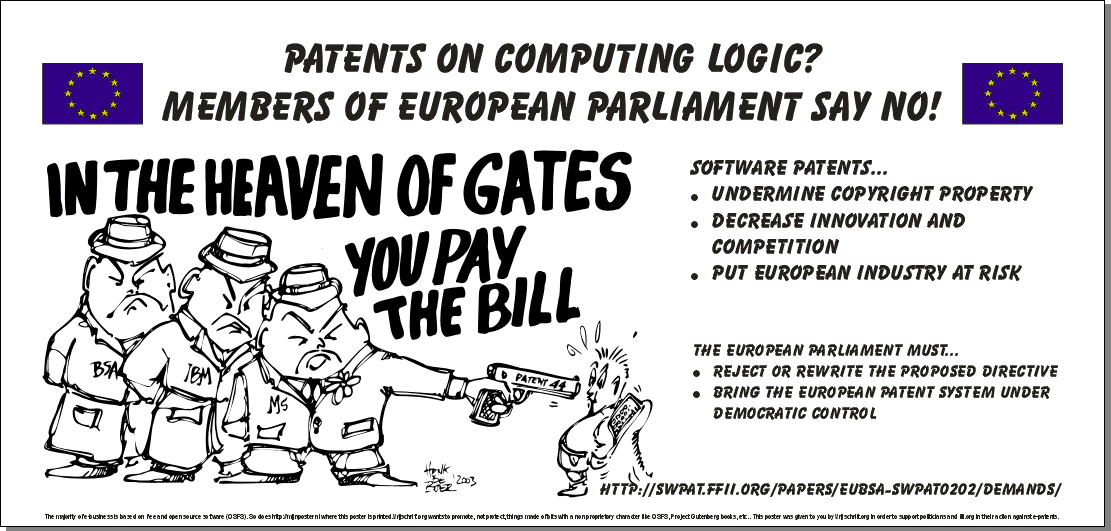|
Co-operative Linux + the shape of operating systems to come or colinux in short is a port of the linux kernel that allows linux to run natively inside a windows 2000/XP box alongside windows. natively means that no virtual machine/x-system is required - it runs like any other application at a much faster speed than if it had to run through a VM. kudos to dan aloni and his japanese mates. linuxworld has the story. and /. comments on it, asking whether it's possible to affect the balance of things in the software world, as some israeli analysts supposedly claim. interesting to contrast with cringely's latest take on the state of the market of operating systems in which cringely says that microsoft won't die by the sword of linux or any other free software hack for that matter. according to cringely, and now that SUN and Java have been embraced, extended and effectively destroyed, the only plausible hypothesis that emerges as a valid theoretical candidate for killing microsoft is some hardware opponent that will go largely unoticed to the extent of surpassing windows by an order of magnitude. in his words:
dunno if i agree, yet its' an interesting speculation. imho, the decisive factor will be the interplay among creative/powerful desktop computing (which is exactly what p2p is teaching us about, that is we are moving away from a client/server dichotomy to a desktop system that becomes immensely more powerful as it connects with other computers and people at the edges of the network and that harnesses our creativity and self/micro-publishing); always-online massively distributed operating systems to be accessed through stand-alone apps (ie. an open source Web browser? or a proprietary app?) of the type google seems to be trying to build, and which will cater for all of our computing-communication-shopping needs and then some; and finally wearable-portable computing (augmenting reality and social networks, mobile phones/PDAs/watches/clothing gear with cameras built-in + capable of annotating physical&virtual space with notes + moblogging + geourl enabled pervasive blogging on all sorts of devices as the first examples toward this model of new opportunities). i mean on the one hand we still want to keep using our desktop computers and we still want to keep some of our data (permanently?) offline, yet we want our desktop systems to serve content over the Internet at our whims without having to acquire any serious computing skills (so this process will have to be automated at the push of a button in much the same way that macosx 10.2 turns into a file server); and on the other hand we are slowly coming to terms with the fact that the network is indeed the (desktop) computer; yet, the means (input/output devices ie. keyboard. mouse, screen) we have at our disposal now are admittedly primitive when compared to the pragmatic potential of wearable cameras, instant speech recognition/language translation, and other cyber-dreams-slowly-but-steadily-coming-true. one thing is certain though: operating systems as we now know them will soon be dead. there will be simply no consumer demand for such obsolete techno-tools. exactly because of that reason, the operating system most capable of being adapted to the swiftly changing technological/sociological environment stands the best chances of surviving this turmoil. and as everyone knows, the only OS that comes close to this ideal is linux. so, at the end of the day, linux might kill microsoft. 3:44:35 PM |
|
gift hub tha happy tutor and his unpaid-for advisors are doing it again. if being-online means something more than amazon, ebay, kazaa, and scores of free porn to you, then this is the place to be. seriously. 12:32:36 PM |




